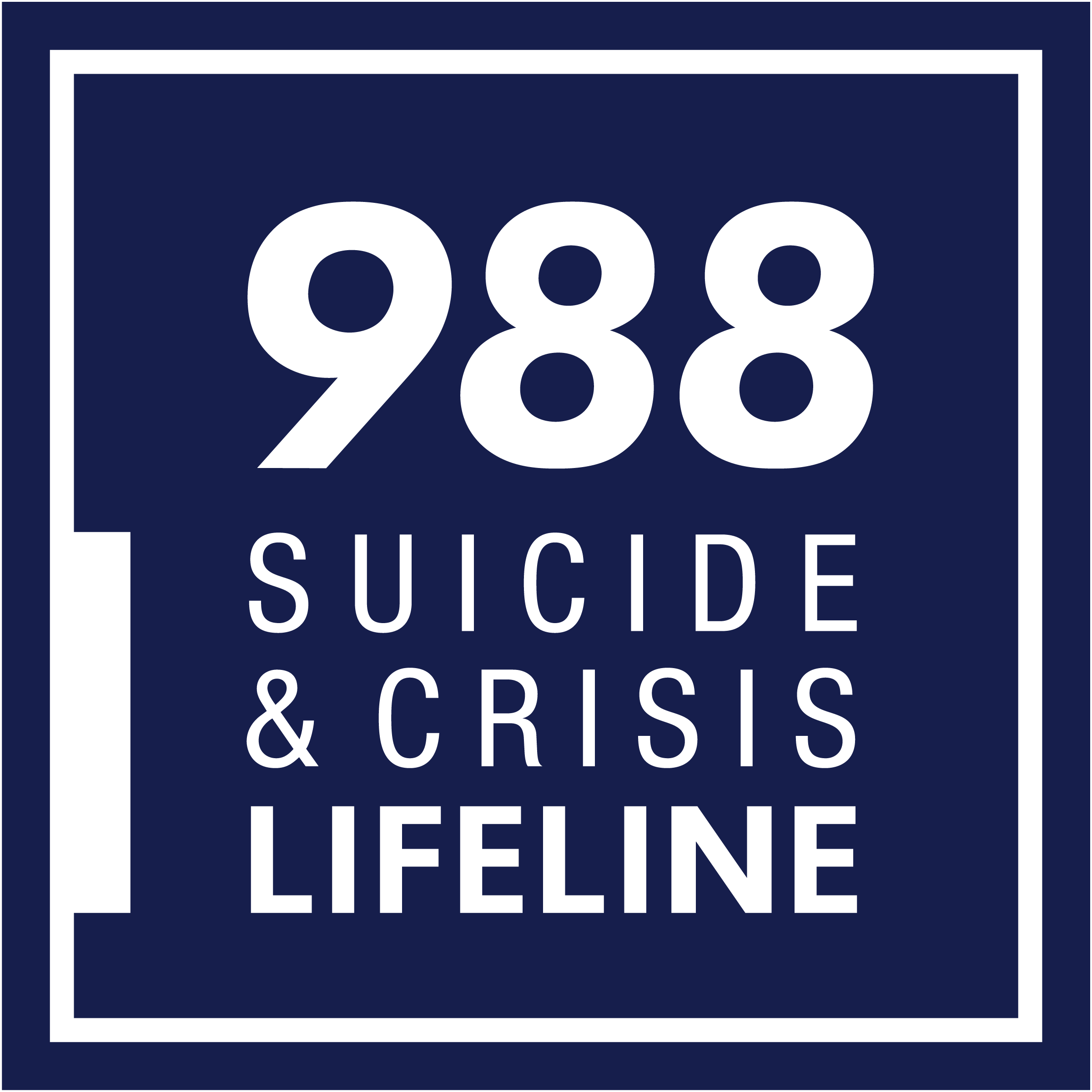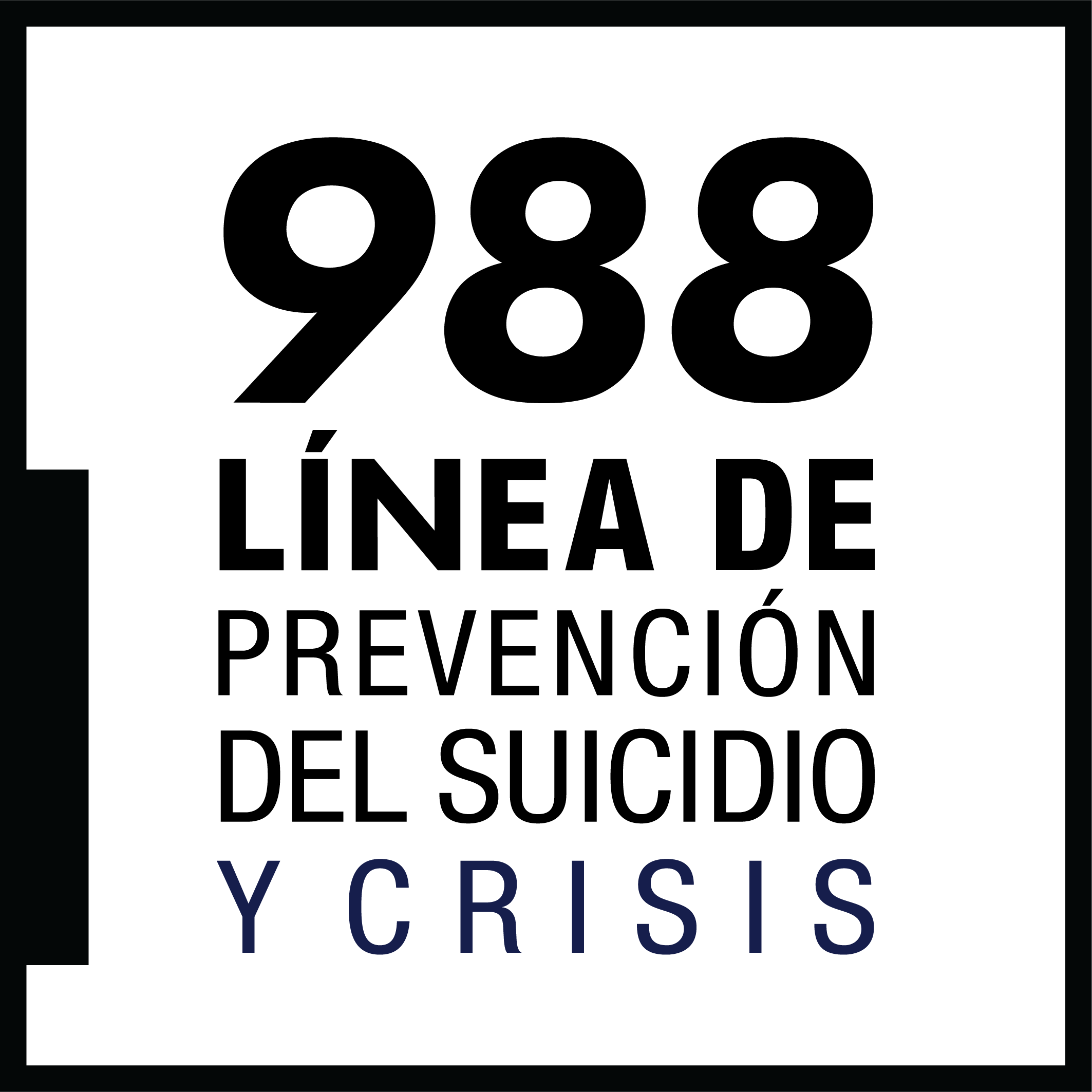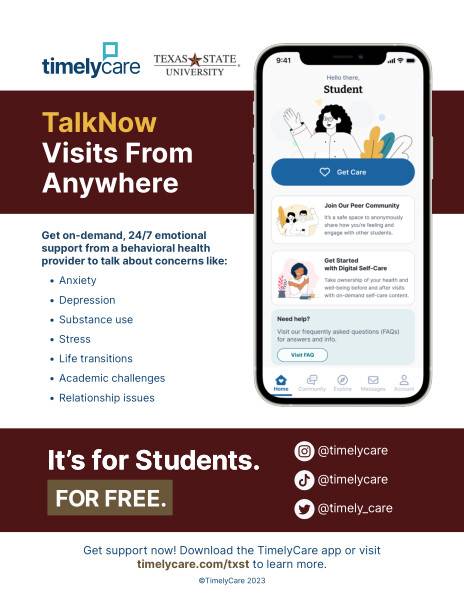Crisis/Urgent Support
In case of medical or mental health life threatening emergency, call 911.
Expand on the following topics for more information.
-
COPING WITH GRIEF AND LOSS
-
Everyone Grieves Differently
There is no right or wrong way to grieve. Grieving is a personal and highly individual experience. How you grieve depends on many factors, including your personality and coping style, your life experience, your faith, and the nature of the loss. Whatever your grief experience, it’s important to be patient with yourself and allow the process to naturally unfold.
-
Coping with Grief and Loss-Tip 1: Get Support
The single most important factor in healing from loss is having the support of other people. Even if you aren’t comfortable talking about your feelings under normal circumstances, it’s important to express them when you’re grieving. Sharing your loss makes the burden of grief easier to carry. Wherever the support comes from, accept it and do not grieve alone. Connecting to others will help you heal.
- Turn to friends and family members – Now is the time to lean on the people who care about you, even if you take pride in being strong and self-sufficient.
- Draw comfort from your faith – If you follow a religious tradition, embrace the comfort its mourning rituals can provide. Spiritual activities that are meaningful to you – such as praying, meditating, or going to church – can offer solace. If you’re questioning your faith in the wake of the loss, talk to a clergy member or others in your religious community.
- Talk to a therapist or grief counselor – If your grief feels like too much to bear, counseling services are available to you at the Texas State Counseling Center. Call 512-245-2208 during business hours and ask for an Urgent Appointment. An experienced therapist can help you work through intense emotions and overcome obstacles to your grieving.
-
Coping with Grief and Loss-Tip 2: Take Care of Yourself
When you’re grieving, it’s more important than ever to take care of yourself. The stress of a major loss can quickly deplete your energy and emotional reserves. Looking after your physical and emotional needs will help you get through this difficult time.
- Face your feelings. You can try to suppress your grief, but you can’t avoid it forever. In order to heal, you have to acknowledge the pain. Trying to avoid feelings of sadness and loss only prolongs the grieving process. Unresolved grief can also lead to complications such as depression, anxiety, substance abuse, and health problems.
- Express your feelings in a tangible or creative way. Write about your loss in a journal. If you’ve lost a loved one, write a letter saying the things you never got to say; make a scrapbook or photo album celebrating the person’s life; or get involved in a cause or organization that was important to him or her.
- Look after your physical health. The mind and body are connected. When you feel good physically, you’ll also feel better emotionally. Combat stress and fatigue by getting enough sleep, eating right, and exercising. Don’t use alcohol or drugs to numb the pain of grief or lift your mood artificially.
- Don’t let anyone tell you how to feel, and don’t tell yourself how to feel either. Your grief is your own, and no one else can tell you when it’s time to “move on” or “get over it.” Let yourself feel whatever you feel without embarrassment or judgment.
- Plan ahead for grief “triggers”. Anniversaries, holidays, and milestones can reawaken memories and feelings. Be prepared for an emotional wallop, and know that it’s completely normal.
-
When to seek professional help for grief:
If you are experiencing any of the following, it may be a good idea to contact a mental health professional in order to help you cope with your grief:
- You wish you had died with your loved one
- You blame yourself for the loss or for failing to prevent it
- You feel numb and disconnected from others for more than a few weeks
- You are unable to perform your normal daily activities
If you experience thoughts of suicide or wishing you had died with your loved one, please use the suicide prevention resources listed on this page.
-
-
Grief Support Resources
Grief Booklet: https://christicenter.org/wp-content/uploads/2020/08/CC_GriefBooklet-Web-April-2019.pdf
Grief Support Groups-Virtually: https://christicenter.org/online-groups/
Resources for Survivors of Suicide Loss: https://sprc.org/tools/resources-survivors-suicide-loss/
Area Grief Support Groups:
San Marcos: https://www.griefshare.org/countries/us/states/tx/cities/san_marcos
Round Rock: https://www.griefshare.org/countries/us/states/tx/cities/round_rock
Austin: https://www.psychologytoday.com/us/groups/tx/austin?category=grief
-
SEXUAL ASSAULT/HARASSMENT RESOURCES
-
Resource Information
All resources listed below will support survivors of interpersonal violence inclusive of their gender and sexual identities.
Hays/Caldwell Women's Center: 1-800-700-4292
Safe Place - Austin / Travis County: 512-267-7233
Hope Alliance - Round Rock / Williamson County: 1-800-460-7233
National Domestic Violence Hotline: 1-800-799-7233 (SAFE)
TTY: 1-800-787-3224
Text LOVEIS to 22522
Find additional resources for hotlines, advocacy, reporting, counseling, Title IX
-
-
24 HOUR CRISIS HOTLINES & TEXT LINES
-
Mental Health Crisis Hotlines
Mental Health Crisis Hotlines - Please indicate if you a Texas State Student when calling the hotlines below
Hays County 1-877-466-0660
Crisis Text Line Text HOME to 741741
Travis County - Austin Travis County Integral Care 1-844-398-8252 or 512-472-4357
Williamson County 1-800-841-1255
National Suicide Prevention Lifeline
988 For Veteran's Crisis Line - Press 11-800-273-TALK (8255) For Veteran's Crisis Line - Press 1
Red Nacional de Prevención del Suicidio
988 Lifeline ofrece servicios gratuitos en español las 24 horas del día, los 7 días de la semana. No tiene que hablar inglés para recibir ayuda.Texas Local Mental Health Authority Hotlines by County
Connect with your county agency to receive crisis hotline and crisis intervention services.
-
Domestic Violence/Sexual Assault Hotlines
Hays/Caldwell Women's Center / Rape Crisis Hotline: 1-800-700-4292
Safe Place - Austin / Travis County: 512-267-7233
Hope Alliance - Round Rock / Williamson County: 1-800-460-7233
National Domestic Violence Hotline: 1-800-799-7233 (SAFE)
TTY: 1-800-787-3224
Text LOVEIS to 22522
-
The Trevor Project
http://www.thetrevorproject.org/
Crisis and Suicide Prevention Helpline for LGBTQ Youth
1-866-4-U-TREVOR (1-866-488-7386)
-
Trans Lifeline
This line is primarily for transgender people experiencing a crisis
1-877-565-8860
-
U Lifeline
https://jedfoundation.org/ulifeline-transition/
An anonymous confidential online resource center for college students to get information regarding emotional health.
1-800-273-TALK (1-800-273-8255)
-
Veterans Crisis Line
Military Crisis Line for Veterans, Active Duty Military, and Family and Friends.
https://www.veteranscrisisline.net/
Call: 988 or 1-800-273-8255
Text: 838255 -
The Steve Fund
The Steve Fund has created a special keyword, STEVE, that young people of color can text to 741741 to connect with a trained crisis counselor 24/7.
https://www.stevefund.org/
-
TalkNow
24/7, on-demand emotional support with TimelyCare to talk about anything, including anxiety, relationships, depression, and school-related stressors.




